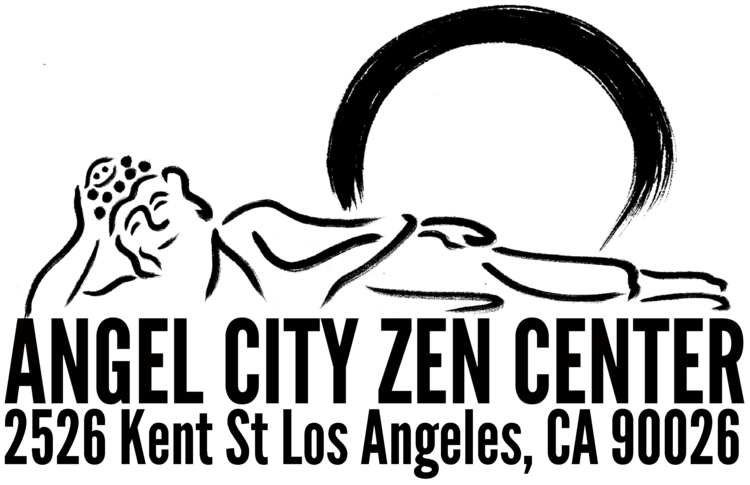“I sit and I sit and I sit, and the effects of it are in my life but I’m not quite sure what the aim is… I might be doing nothing at all and I might be doing everything.” - Emily Eslami
Emily takes on the impossible in her “Intro to Zen” talk. How exactly is anyone supposed to introduce this wild, inexpressible, unattainable practice we do day after day, moment by moment? Reading from Dogen’s Zazen Shin, she takes a deep dive into the classic koan about trying to sit to become a Buddha, described as just as simple as trying to polish a tile to make a mirror. But here we will let Emily speak for herself in a demonstrative moment where she manages to express the inexpressible totality of what exactly Zen practice is:
“There are so many things in our life that are impossible to achieve; being the perfect Buddhist, being the perfect partner, being a well rounded human who cooks and cleans, has a productive work life, an amazing social life, and exercises four times a week. All that stuff we put pressure on ourselves to do, its impossible! So I think its really nice that this is a practice of sitting and doing an impossible thing, and letting go of the need to achieve anything. Maybe that’s the point of letting go, that we do achieve something. Maybe we do get what we want. But we can’t trick it! We can’t pretend we don’t have a goal to get what we want. We just have to accept that what we’re doing is impossible and we don’t have a goal and yet maybe by doing that, maybe the tile is already a mirror”
